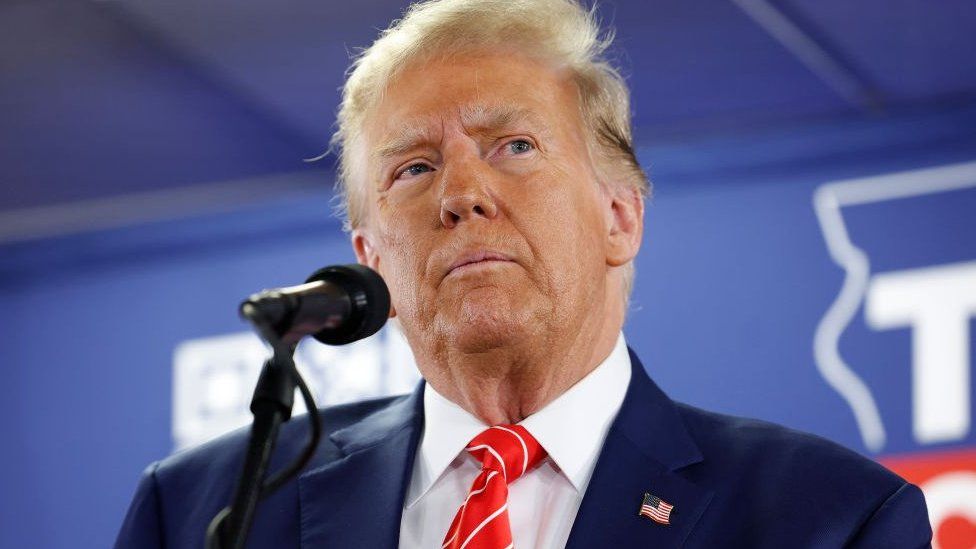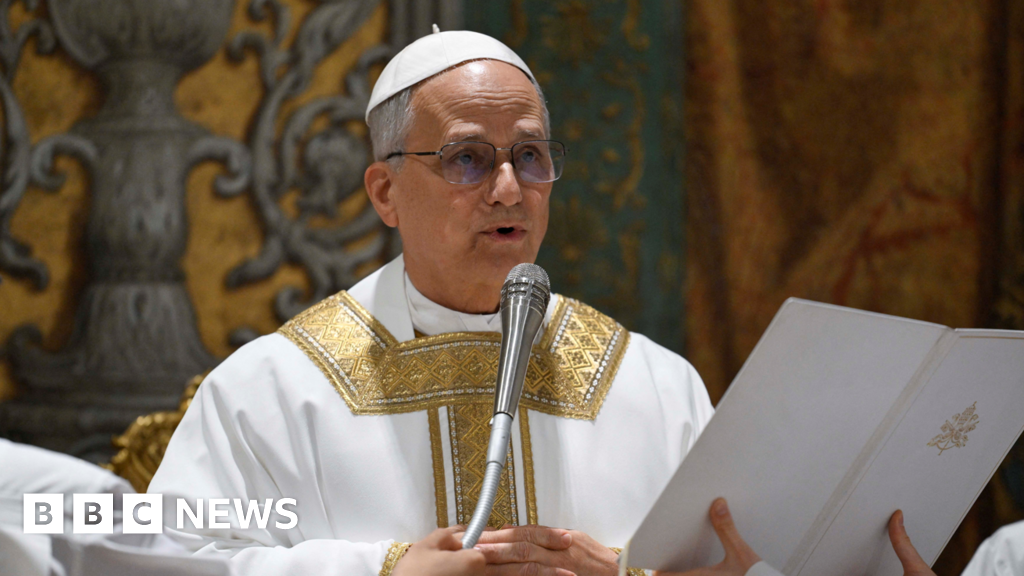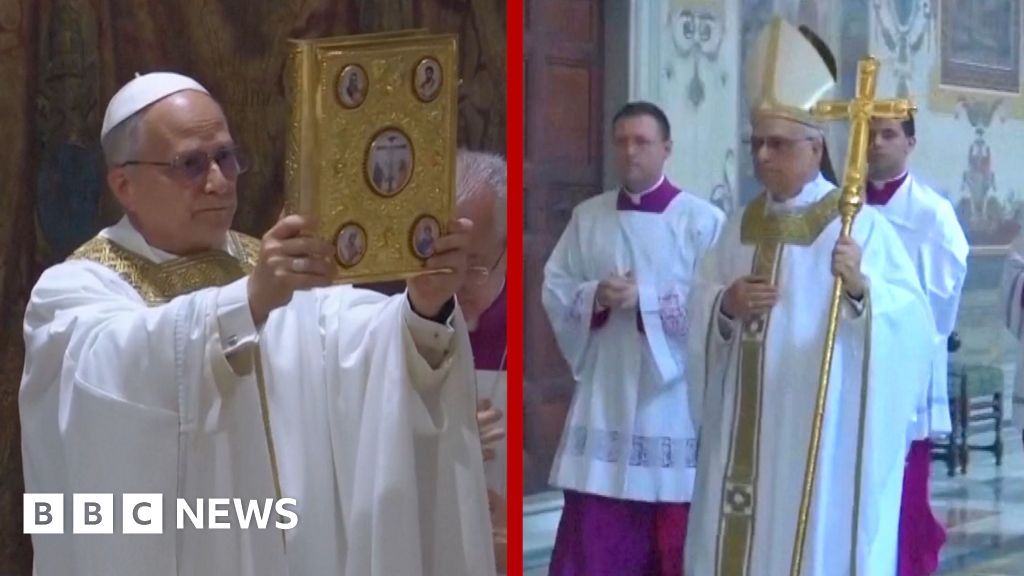ARTICLE AD BOX
 Image source, Getty Images
Image source, Getty Images
A landmark legal case about whether Donald Trump should be immune from criminal prosecution will be heard in Washington on Tuesday.
The Republican former president's lawyers will argue that the office of the White House shields him from his 2020 election fraud charges.
Mr Trump, who says he will attend, is accused by a special counsel of trying to overturn Joe Biden's victory.
The outcome of this hearing could have a huge impact on Mr Trump's future.
His lawyers are using the same defence in another set of election charges he faces in Georgia.
The issue is likely to end up in the US Supreme Court in the heat of a 2024 election campaign in which Mr Trump is favourite to win the Republican nomination.
Prolonged legal wrangles over immunity could delay his criminal trials beyond November's election where he is expected to face Democratic President Joe Biden.
The former president has for years cited presidential immunity in his efforts to thwart civil and criminal cases brought against him.
The US Constitution makes no mention of presidential immunity, although courts have generally supported the notion that government officials be protected from lawsuits.
There is no legal precedent, however, about the criminal prosecution of sitting or former presidents.
In legal filings ahead of this hearing, the special counsel prosecuting him, Jack Smith, warned the court that a failure to allow Mr Trump to be prosecuted "threatens to license presidents to commit crimes to remain in office".
The immunity defence was rejected by US District Court Judge Tanya Chutkan in December, who ruled that having served as president does not entitle him to a "lifelong 'get-out-of-jail-free' pass".
In a social media post on Monday Mr Trump argued that he "wasn't campaigning" when he challenged his election loss by Mr Biden and was acting in his capacity as president in identifying voter fraud.
The three-judge panel in Washington DC will hear the oral arguments at the US Court of Appeals for the DC Circuit but then rule at a later date.
The courtroom is just blocks away from the US Capitol, where his supporters rioted to stop Joe Biden from being certified as president in January 2021.
To bolster their case, Mr Trump's lawyers will point to his acquittal by the Senate at his impeachment for his actions leading up to that violence.
"Nor may a president face criminal prosecution based on conduct for which he was acquitted by the US Senate," says his appellate brief. "The indictment against President Trump is unlawful and unconstitutional. It must be dismissed."
The criminal trial in this election fraud case is scheduled for 4 March, but is on hold pending the ruling by the appeals court, which has two judges appointed by Democratic presidents and one by a Republican.
Whichever way the judges rule, the case is widely expected to end up in the US Supreme Court, where conservatives hold a 6-3 majority.
Last month, the top court dismissed a request by Mr Smith to expedite a ruling on Mr Trump's immunity claim.
The Supreme Court also ruled last month that it would hear an appeal by Mr Trump against the state of Colorado for barring him from the ballot due to a rarely cited insurrectionist clause of the US constitution.

 1 year ago
41
1 year ago
41








 English (US) ·
English (US) ·